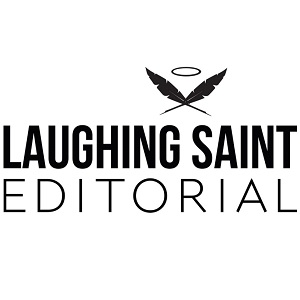Last fall, I worked with two different high school students in two different states, Indiana and Texas. The student in Indiana is a really talented writer and all-around smart kid (and for all my high-school aged female readers, he's also handsome: I once gave him my blessing to reschedule a tutoring session so he could go on a date!). I was tutoring him through a revision of a paper he hadn't done so well on in the spring and on an upcoming research paper. The student in Texas is coming to the end of her high school career; she needed some help with writing personal statements for her college application. After we worked on strategies for writing the statements, I copyedited them for her before she turned them in with her applications.
I couldn't be happier with their results.
The mother of the Indiana student wrote to me a few weeks ago:
More good news regarding the paper you helped Jack with: he got a 98 on the paper and a 100 on the debate which was based on it! I am so proud of him and so grateful for your help.
I was one proud copyeditor!
And then the student from Texas just sent me an update last week about her college acceptances:
Hey! I just wanted to tell you some good news :) I got accepted to UT and A&M :DI'm waiting on two more, Trinity and Baylor. Thank you so much for all your help! I don't know what I would have done without you :D :D
What was the most important piece of advice that I gave to these two students and my other student clients as well as the scores of students I taught over ten years of teaching college students and serving as a university Director of Writing?
Know the god you have to please. Find out what pleases that god. Deliver what that god wants.
That's the theology of writing, really. The student in Indiana thought (rather: was being taught) that he was supposed to be seeking the Truth about the perfect, Platonic form of Writing and then turning that in to his teacher. The student in Texas thought the same thing at first: what is the Perfect Personal Statement, and how can I turn it in with my application materials? But I was there to tell them that their theology had put the grail before the god: they were looking for the perfect writing but what they should have been seeking was to understand the god who sets the (somewhat arbitrary, somewhat social-objective) rules about what counts as "perfect" or "good."
For the student in Indiana, I helped him read the signs in what the teacher emphasized in the assignment prompt and lectures. Those signs would help him make better guesses about what the teacher would judge his writing. We also discussed the fact that this teacher doesn't have sole purchase on the gospel truth about writing. There's only so much the teacher can reveal to any one practitioner of the religion of writing, and there are multiple ways of interpreting teachings that seem to some to be Eternal Truths (e.g., "Be concise," which neither Strunk nor White themselves were all that often). Those interpretations will depend on the writing situation itself and the proclivities of whatever teacher/god needs to be pleased in that writing situation. Thus, switching teachers is like switching religions: what one teacher expects of "good" writing can be worlds away from what the next one does, so it's important to be able to read the writing on the wall and be able to adapt accordingly.
For the student in Texas, I emphasized pragmatism: searching for the Platonic ideal was stressing her out and causing writer's block. We set up a systematic way of answering the questions in the personal statement, and she came up with what she felt called to say in response to the questions the gods of the admissions committees had set before her. When she was able to balance their desires (to the extent that she and I could divine them) with her own truth and will to express herself, she wrote beautifully moving essays.
I know it's a struggle for pre-college students who're trying to figure out the Truth about writing, because the stakes are high. Part of my job is to demystify the process, which actually leads to the Truth that's greater than the Mystery: ultimately, you gotta write to honor your own truth (which is why I can write "gotta" here), and with the right skills and willingness to humble yourself before the god you have to please, there's really no limit to what you can achieve with your writing.
